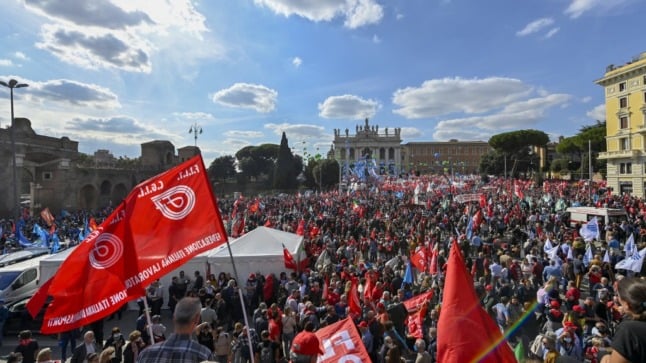The probe also includes accusations of physical and verbal abuse against the boy, who suffers from hyperkinesis, a disorder that affects the ability to control motor movement, La Repubblica reported.
Laura Coccia, a politician with Italy's ruling Democratic Party, said the teacher at Rome's Roberto Rossellini high school, committed a "serious act of discrimination" after the child was allegedly locked in a classroom during breaktime in late May "until he calmed down".
"The pupil has been subjected to a series of repeated episodes of violence and verbal humiliation, which forced his mother to make a complaint with the police and at a tribunal for the rights of sick and disabled people", Coccia was quoted in the newspaper as saying.
She added that the case has been reported to Italy's education ministry, which has "already informed the relevant offices and forwarded my complaint to Lazio office of education". The regional education office "will carry out the necessary checks and possibly send an inspector to establish if/how the events took place."
If the allegations are confirmed, "we would face a bewildering episode that requires immediate intervention," added Concia.
Earlier this year, a teaching assistant in central Italy was suspend for allgdly hitting and ridiculing a disabled boy.






 Please whitelist us to continue reading.
Please whitelist us to continue reading.
Member comments